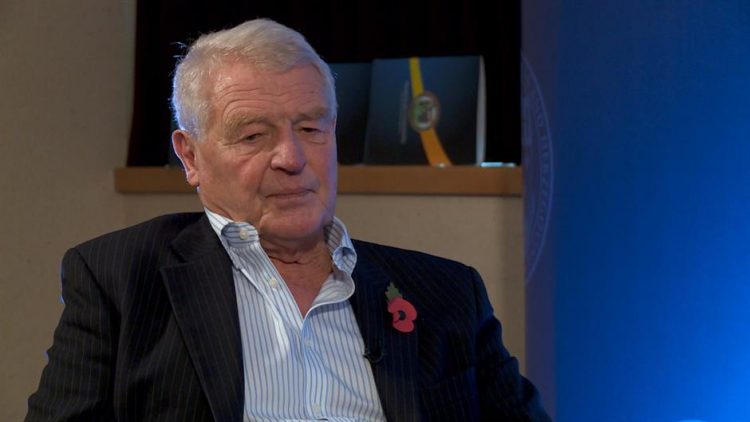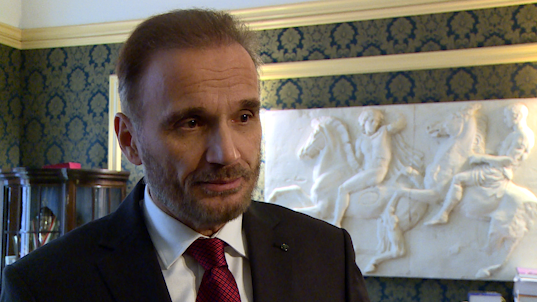
The European Union has already accepted Croatia as a member, and if it would now accept Serbia as well, the situation in the Balkans would lead to an isolation of Bosniak Muslims which could lead to a new conflict, former High Representative to the country, Lord Paddy Ashdown, told BBC Radio 4’s Today programme.
“The only people who are left out, isolated, surrounded by their enemies, are the Bosniak Muslims,” Ashdown said, adding that “that is exactly the situation of 1992.”
He warned that with this situation on the ground now “the European Union, in its, ignorance, backed up by the Western powers, is now inadvertently following the policies, delivering the plans” of wartime Serbian President Slobodan Milosevic, wartime Croatian President Franjo Tudjman, convicted war criminal Radovan Karadzic and his general Ratko Mladic, also a convicted war criminal.
“I don't think Bosnia will go to back to war, I don’t think that is the immediate problem,” Lord Ashdown said.
“But if you allow the Muslims to be isolated in Central Bosnia, with (Turkey’s President) Erdogan prowling along the edges on one side, and Russia interfering on the other, I cannot see how this does not end up as a return to conflict,” he said.
Serving as the High Representative to Bosnia and Herzegovina between 2002 and 2006, Paddy Ashdown was the top international official in charge of implementing the 1995 Dayton Peace Treaty, which stopped the war in the country.
Before this, Ashdown had been advocating for an international intervention in the Balkan wars for a long time, as he was familiar with the developments in the region.
According to Bosnia’s Constitution, which is the Annex IV of the Dayton Agreement, ethnic Croats and ethnic Serbs have the right to dual citizenship with neighboring Croatia and Serbia.
This means that Bosnian Croats who have Croatian passport, also have an EU passport.
If Bosnian Serbs would also become citizens of the EU, only the Bosniaks would remain without EU citizenship in Bosnia and Herzegovina.
“I’m not sure I can find the answer,” Lord Ashdown said, but he did propose a possible solution.
“One thing we could do, since we have control over who comes into our country, we could say any Serb in Serbia – when it joins Europe, and I’m glad it will by the way – can come to Europe on the basis of a Serbian passport. But anyone who has a second passport in Bosnia cannot come to Europe until Bosnia comes to Europe,” he said.
“I don't think the Muslims will ever allow themselves again, as in 1992, to be isolated and surrounded by their enemies and with no future in Europe. And if you don’t solve this problem by one mean or another, I cannot see how this does not return to conflict,” he concluded.
Lord Ashdown’s time as High Representative marked the strengthening of Bosnia’s joint state-level institutions, the unification of Bosnia’s armies into a new, reformed one and the establishment of a state-level police force.



